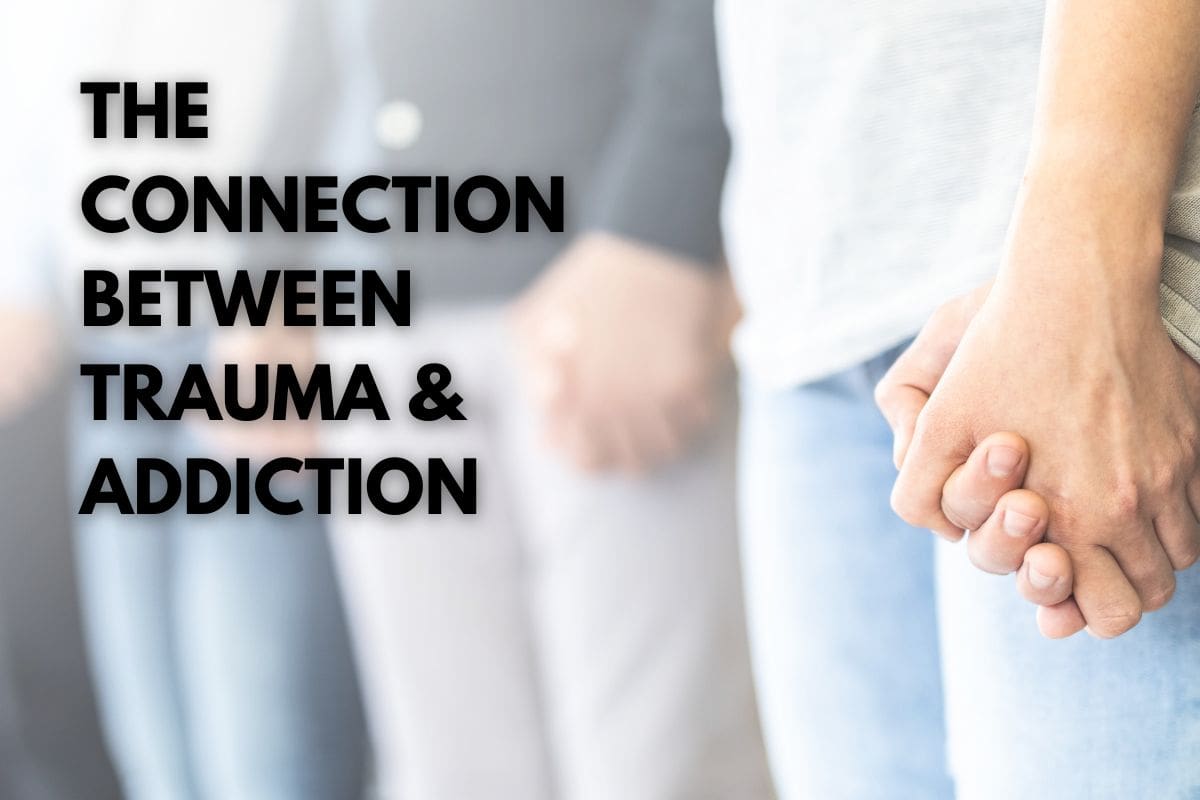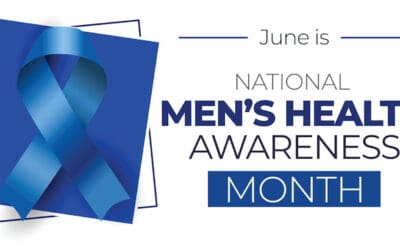Trauma can come from a single event or ongoing issues, such as domestic violence, sexual assault, or neglect. Trauma experienced in childhood can have lifelong effects on your health and mental well-being. While the impact of trauma might not seem related to addiction at first glance, the two are closely connected. People with addictions often struggle with other mental health disorders simultaneously—and vice versa. If you have an addiction and have experienced trauma, understanding how these factors work together can help you get better.
Childhood Trauma and Addiction
By far, the strongest connection between trauma and addiction occurs in childhood. Children who experience trauma are five times more likely to suffer from alcoholism as adults. The connection between childhood trauma and addiction lies in the brain structure. When children experience trauma, they also deal with increasing levels of cortisol and stress hormones that impair normal brain development.
These changes in the brain at an early age shape how people think and behave as they follow into adolescence and adulthood. About two-thirds of individuals with addiction experienced some form of trauma in their childhood.
The Effects of Trauma
Trauma, in general, is an overwhelming experience outside a person’s ability to cope. Any traumatic event can be experienced by anyone and may include: sexual assault, domestic violence, war or military service combat experiences, and child abuse or neglect. The type of trauma you’ve experienced and how old you were when it happened impacts the severity of your trauma; it also impacts how likely you’ll be to develop an addiction as a result.
There are many causes of traumatic events:
- War veterans may have PTSD (post-traumatic stress disorder) after serving in combat zones.
- Survivors of violent crimes such as rape can experience depression after being victimized.
- Victims of sexual abuse as children may struggle with substance abuse later on in life if they cannot get past their childhood trauma.
- Natural disasters such as earthquakes and fires can cause massive damage to people nearby, which could lead to individuals becoming depressed because they lost all their belongings during these catastrophic events.
- Car accidents can cause PTSD symptoms among those involved because they were involved in something that could’ve easily killed them.
At least 75 percent of people in substance abuse treatment programs report histories of abuse and trauma at some point in their lifetime.
Trauma can cause a person to feel disconnected from their body and the world around them. It’s common for people who experienced trauma to develop depression, anxiety, or post-traumatic stress disorder (PTSD) – all associated with addiction. Not surprisingly, about half of the people with a serious mental illness also struggle with substance use disorders and vice versa.
Trauma, Mental Illness, and Addiction – Dual Diagnosis
Trauma, whether caused by a single event or an ongoing problem, can cause addiction and other mental health disorders. People who experience trauma are often plagued by intrusive thoughts and emotions they can’t handle. Some people self-medicate to cope with these feelings and turn to addictive substances like alcohol or drugs. Or even addictive behaviors like gambling.
Addictive behaviors can help them regulate their moods and quiet intrusive thoughts. It offers them an escape from their symptoms. As addiction calms these feelings, providing a temporary numbness effect, people believe their substance use is solving the issue. However, in reality, they’re only fueling the vicious cycle as, over time, addiction can also trigger anxiety, depression, and other stress-related symptoms.
This is known as a dual diagnosis. Dual diagnosis can take various forms depending on the addiction and mental health disorder. Although these problems often occur together, this does not mean that one caused the other, even if one appeared first. Nonetheless, addiction and mental health issues are both influenced by similar factors, including:
- Trauma
- Genetics
- Family history
- Stress
- Environment
In this case, effective treatment must simultaneously address the symptoms and root causes of both conditions. Dual diagnosis treatment often involves a combination of medications and behavioral therapies alongside peer support meetings for a comprehensive treatment.
Finding Help
Becoming addicted to drugs or alcohol is a trauma symptom, but it doesn’t have to be your life sentence. If you or someone you love is struggling with addiction, please know there’s help available. With comprehensive treatment programs designed specifically for people who have been through trauma and other trauma-related issues, you can get help from past abuse and move forward into a new chapter in life where substance abuse no longer controls every decision.

































